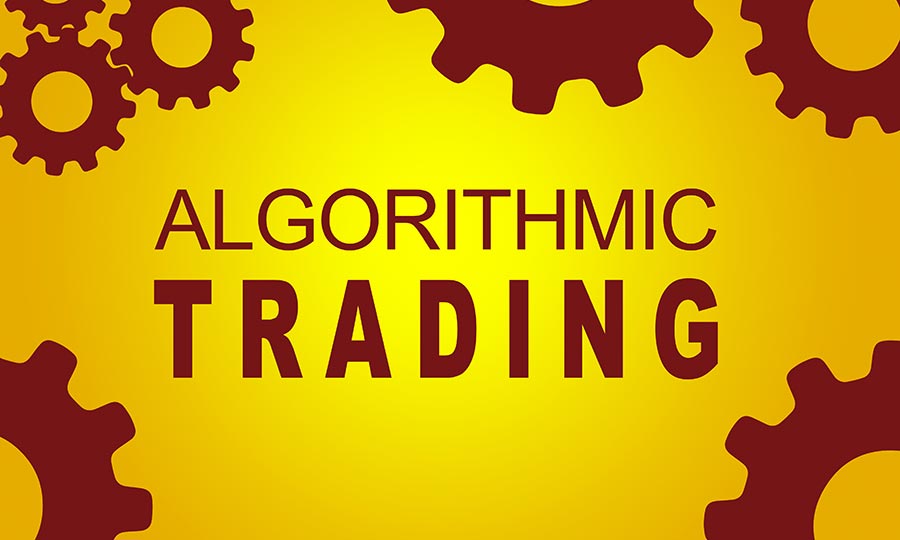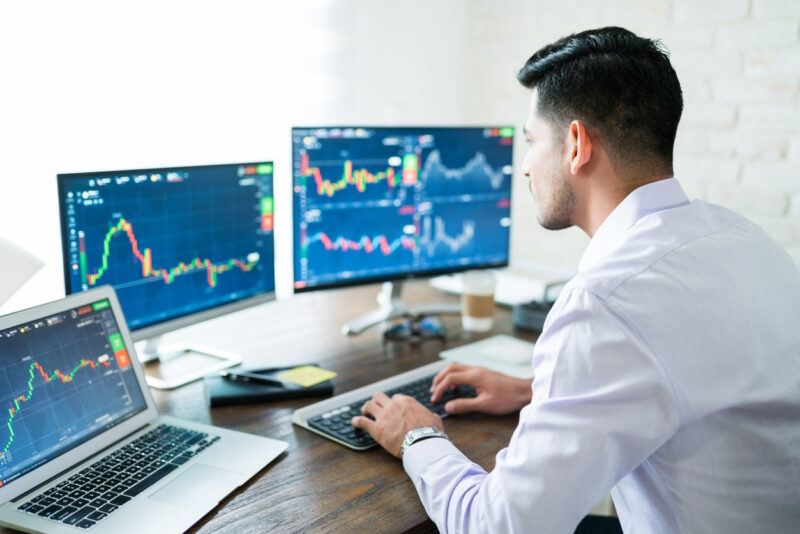In the fast-evolving landscape of financial markets, automated trading has emerged as a powerful force, driving both innovation and controversy. With algorithms executing millions of trades in the blink of an eye, questions surrounding the ethics of such technology become increasingly pressing.
Is the power of automation leveling the playing field for all market participants, or is it creating an uneven battleground that favors the technologically adept? As small investors grapple with the relentless pace set by high-frequency traders and sophisticated bots, the very essence of fairness is called into question. This article delves into the intricate moral landscape of automated trading, exploring the implications for equity, transparency, and the future of market participation in an age dominated by algorithms.
The Mechanics of Automated Trading

Automated trading software operates through sophisticated algorithms that execute orders at lightning speed, transforming the landscape of financial markets. These systems analyze vast datasets, uncovering patterns and trends invisible to the human eye.
By leveraging advanced statistical techniques and machine learning, they can make split-second decisions about buying or selling assets, often well before a human trader can react. Yet, as these algorithms continue to evolve, they raise questions about their impact on market dynamics.
Are they leveling the playing field, or are they creating a landscape where only those with access to cutting-edge technology can thrive? The nuanced interplay of fairness, efficiency, and market integrity complicates the dialogue surrounding the ethics of this automated landscape, prompting deeper examination of who truly benefits from such technological advancements.
The Ethical Dilemma in Automated Trading

The rise of automated trading has sparked a contentious debate regarding its ethical implications in financial markets. At the heart of this discussion lies a profound dilemma: while algorithmic trading can enhance market efficiency and liquidity, it simultaneously raises questions about fairness and accessibility.
Large institutional traders wield sophisticated algorithms that can execute thousands of trades in milliseconds, while smaller retail investors may struggle to compete, often facing higher transaction costs and limited access to market data. This technological divide creates an uneven playing field, where the benefits of speed and processing power may disproportionately favor the well-resourced.
Furthermore, the presence of automated trading raises concerns about market manipulation and the potential for cascading failures, as seen in flash crashes. As we delve deeper into this complex issue, we must grapple with the ethical responsibilities of technology developers and the regulatory frameworks that aim to safeguard equitable access to the markets.
In a world increasingly driven by algorithms, the question looms large: can we ensure a level playing field for all participants, or is the charm of efficiency tainted by the shadow of inequity?
Advantages of Automated Trading for Market Participants

Automated trading offers a myriad of advantages for market participants, fundamentally transforming the landscape of financial markets. Firstly, it enables lightning-fast execution of trades, harnessing algorithms that can capitalize on fleeting market opportunities that human traders might miss.
This speed ensures better pricing and can reduce slippage, allowing traders to enter and exit positions with precision. Moreover, the emotional detachment of automated systems minimizes the impact of human psychology, which often leads to impulsive decisions in high-stress scenarios. By relying on data-driven strategies, traders can backtest and optimize their methods in ways that were once unfathomable.
This technological edge fosters a level playing field, as even smaller participants can leverage sophisticated strategies once reserved for institutional giants. Ultimately, the efficiency and objectivity of automated trading do not only enhance profits; they promise to democratize access to profitable trading opportunities across diverse market participants.
Conclusion
In conclusion, the ethics of automated trading is a complex issue that requires careful consideration of its impact on market fairness and equality among participants. While automated trading software can enhance market efficiency and liquidity, it also raises concerns about market manipulation, speed disparities, and the potential marginalization of less technologically advanced traders.
Striking a balance between innovation in trading technologies and the need for a level playing field is crucial for maintaining the integrity of financial markets. Moving forward, regulatory frameworks will play a vital role in ensuring that automated trading practices are conducted ethically, promoting transparency and fairness for all market participants.
It is imperative for stakeholders to engage in ongoing dialogue to navigate these challenges and foster a marketplace where everyone can compete equitably.


